Please add image or text logo

Here is our monthly round-up of news, tips, and ideas to make the most of your garden this January!
January tends to be one of the quietest months in the garden, but if the weather allows, there are still some useful jobs to do to start preparing for spring.
This month is the ideal time to start planning out your garden projects for the coming year. We’re looking forward to helping you bring your plans to life in 2025!

After taking a break over the Christmas period, our Midgley and Brigg centres reopened on Thursday the 2nd of January.
We’re excited to welcome you back, and we look forward to helping you with all of your projects this year!
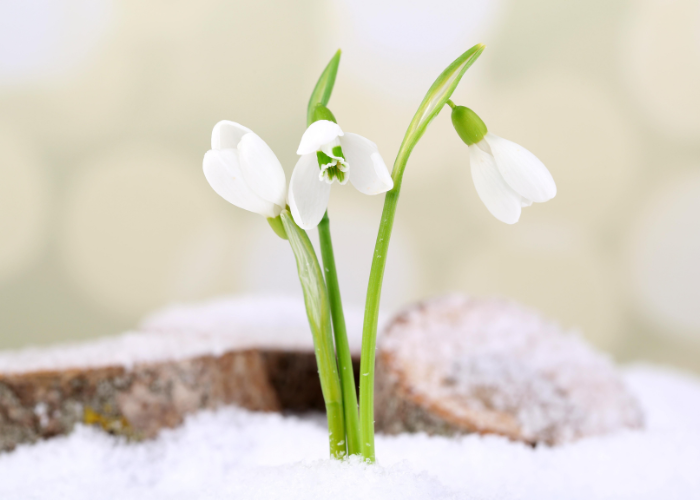
• Prep your greenhouse – Ventilate your greenhouse on sunny days to prevent humidity building up – you should also tidy up broken pots or old composts to avoid unwanted critters finding a place to hide!
• Tool maintenance – January is the ideal time to give your lawn mower a basic service or take it to a dealer for maintenance while it’s not in use. It’s also a great time to clean and sharpen your tools, including hoes, secateurs and shears.
• Spruce up your outdoor space – Remove wet leaves, algae and moss from paths, patios, decking and steps – to avoid slipping and to keep them looking their best!
• Plan ahead – January is the best time to plan for the months ahead and order plants and flowers that will best contribute to your vision. Creating a sowing schedule is also beneficial to making sure you don’t overwhelm yourself or your garden by over-planting seeds once they arrive! Visit us in-store to view our range of seeds.
• Keep pruning – Roses, wisteria, honeysuckle, and rhododendrons can all be pruned in January to encourage healthy spring growth. Apple and pear trees will also benefit from having dead, damaged and congested branches removed.
• Take care of birds – Top up bird baths with fresh water daily and melt ice with warm water on frosty days.
• Grow perennials from seed – For a summer display, sow some hardy perennials now, such as delphiniums, agastache and oenothera.
• Clean gutters – Keep gutters and downpipes clear, particularly to ensure that clean rainwater is not interrupted from flowing into water butts.
• Inspect stored produce – If you are storing any fruit and vegetables from your last harvest, check for any that are soft or diseased and get rid of them.
Visit any of our centres to pick up essential gardening tools!
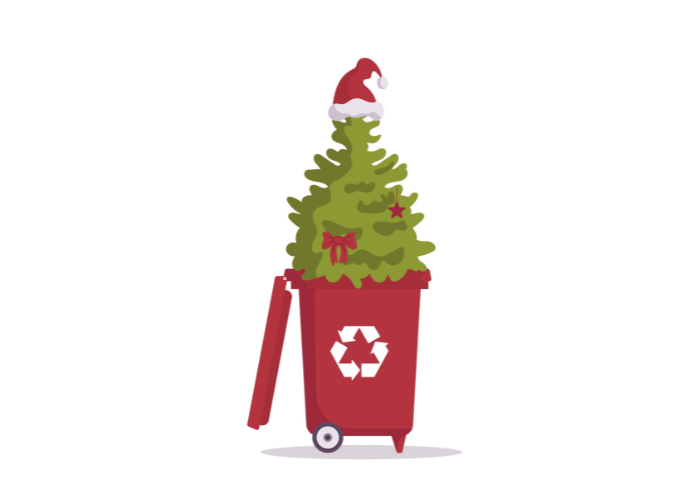
Let The Kirkwood Hospice collect your tree this January – take the stress out of Christmas tree disposal!
From the 13th – 17th of January, for a small donation, Kirkwood’s team of volunteers will collect your tree from outside your home and recycle it for you. It saves you time and is great for the environment too!
Kirkwood are also appealing for volunteer drivers and drivers’ mates who can spare a little time to volunteer to help collect Christmas trees in January 2025.
Read more here.
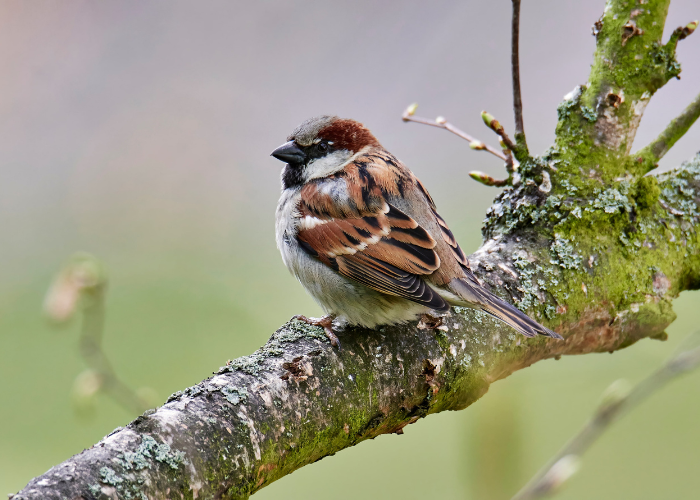
The Big Garden Birdwatch will be taking place this month, from the 24th to the 26th of January 2025 – the birdwatch provides a vital insight into the population of the UK’s garden birds, helping to determine the species that are thriving and those that aren’t.
Over 600,000 people across the UK took part in the Big Garden Birdwatch last year – counting 9.7 million birds in total! House Sparrows were spotted the most in 2024, despite their numbers being down by 60% compared to the first Birdwatch in 1979.
Over the last 60 years, we have lost 38 million birds from our skies, so we must take real action to better protect our bird life. It’s more important than ever to take part in the Birdwatch!
We can help you provide safety and sanctuary for your garden wildlife with our animal care range. Our range of bird tables, bird baths, RSPB-approved bird feeds, handmade nesting boxes and more are available online and in-store!
Click here to take part in the Birdwatch!
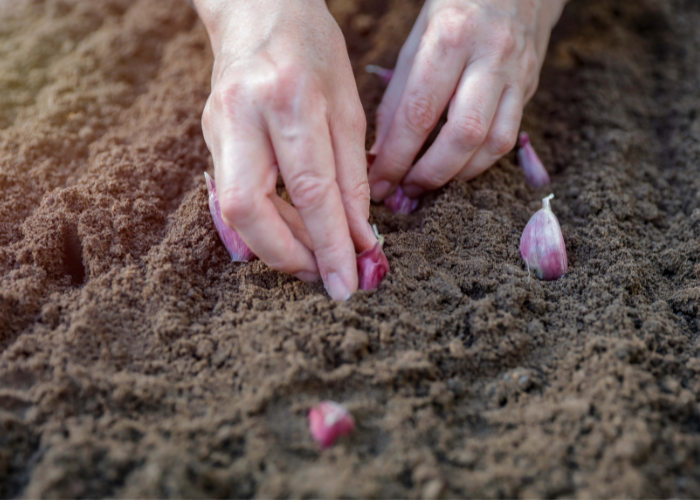
• Plant bare-root trees and bushes – Bare-root ornamental trees, roses, shrubs and hedging can all be planted now if the ground isn’t frozen.
• Sow winter salads – Raise plants from seed under cover, in a bright, well-ventilated spot such as a cold frame, conservatory, or greenhouse, for salad leaves all year round.
• Sow onions – To provide them with the longest growing season possible, sow onion seeds in modules filled with fresh compost and keep them indoors at a temperature of at least 10°C. Transplant them outdoors in March or April.
• Plant garlic – Garlic can be planted outdoors in January, but is best kept in a greenhouse or cold frame if it is frosty. Plant 3-10cm deep and 15cm apart. Harvest between June and August.

At Earnshaws, we know our timber and have been cutting firewood since 1860 – so you can trust us to help you keep warm during winter!
Both our centres stock ready to burn, kiln-dried firewood logs, as well as smokeless coal.
Stock up now and take advantage of our three hot offers on firewood – available from Brigg and Midgley. Call now to arrange your delivery*!
Our firewood centre at Midgley also stocks products such as log stores and fireside accessories – discover our full firewood range here.
Click here to view our helpful guide on choosing the right firewood logs for you.
*to our normal delivery zones

Whether your garden is spacious or compact, there are a number of ways you can make it more eco-friendly this year.
• Reduce pesticide and fertiliser use – Insecticides, fungicides and herbicides kill insects and the plants that they need to survive. Additionally, pesticides and fertilisers can eventually find their way into rivers and streams, killing fish and invertebrates. Opt instead for organic methods of pest control and fertilisation.
• Composting – By continually composting, you gain a free source of nutrition for your plants and produce, whilst also providing a home for wildlife that may feed on or burrow in compost heaps.
• Utilise your space – Adding as much greenery to your home and garden as possible comes with a number of benefits, from absorbing CO2 to preventing pollution from entering the home. Hedges, plants, windowboxes and arches are all fantastic ways to fill excess space and help the planet in the process.
• Switch from store-bought to home-grown – Reduce food miles and pesticide use by growing fruit, veg and herbs at home. Salad leaves, courgettes, onions, tomatoes and peppers are all good options for beginners.
• Look out for wildlife – Loss of habitat contributes heavily to the reducing numbers of many wildlife species. Helping to reverse this decline is possible through the planting of pollinator-friendly flowers, food plants for caterpillars, and creating safe habitats, such as log piles, for hedgehogs and other small mammals.
• Save and recycle water – Adding a water butt to your garden provides an environmentally friendly way to water your plants. Visit us in-store to view our range of water butts.
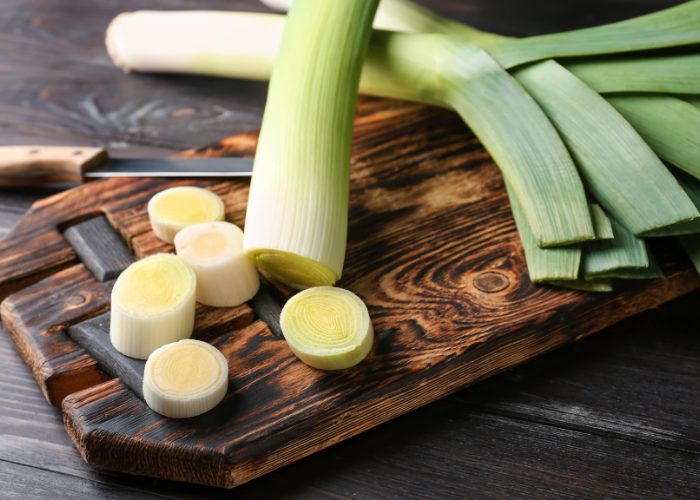
• Harvest cauliflower – About two weeks after blanching, or covering the heads, your cauliflower will be ready to harvest. Harvest when the heads are at least 15cm across, but prior to the flower starting to separate.
• Harvest leeks – Harvest just before you plan to use them, as leeks do not store well. Wash carefully to remove any soil trapped between the leaves.
• Harvest winter cabbages – Provided they are netted to provide protection from birds, winter cabbages can be left in the ground until required.
• Harvest kale – When the leaves reach 20cm, harvest kale and discard the thick central vein.
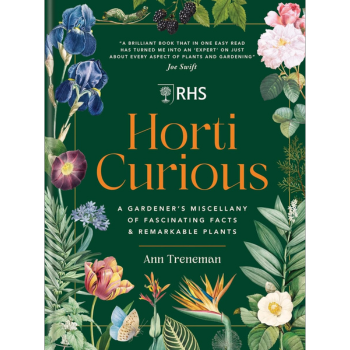
RHS Horti Curious: A Gardener’s Miscellany of Fascinating Facts & Remarkable Plants by Ann Treneman
Beautifully illustrated with botanical diagrams and graphics, this miscellany will inform and delight gardeners and plant lovers. A ‘pick and mix’ of horticultural knowledge, it ranges from local to global.
Available from Amazon here.
“January is the quietest month in the garden. But just because it looks quiet doesn’t mean that nothing is happening.”
– Rosalie Muller Wright